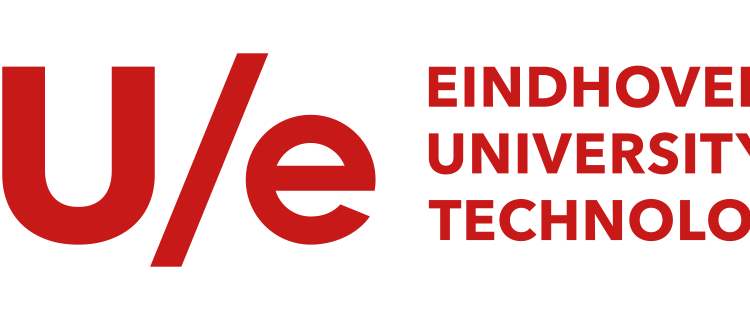Eindhoven University of Technology: The engineers of tomorrow challenge their ideas at the TU/e Contest
The TU/e Contest gives students the opportunity to challenge their innovative ideas. A jury of experts assessed them and awarded cash prizes to further develop their concepts. Over 60 ideas took on the challenge – with over 300 students involved. Only twenty of them made it to the Grande Finale, where multiple awards were given.
A real-world problem, an innovative solution, and the students’ enthusiasm. These three ingredients are behind many successful start-ups. TU/e is striving to offer a space to turn ideas into reality, through its Innovation Space. Within this space, the TU/e Contest gives students the chance to challenge their concepts and win prizes.
Over 60 ideas took on the challenge – with over 300 students involved. Only twenty of them made it to the Grande Finale, where multiple awards were given. In addition to the three main categories – ideation, prototyping, and student teams, each one of them handing out a €5000 cash prize – other awards enriched the eighth edition of the contest.
After a network market where students, companies, and guests could make contacts, the show began. There, each team had a one-minute pitch. Then, the two finalists selected for each category went on stage to reply to the questions the jury asked them. The panel featured representatives from the main companies of the region, who gave students their advice, highlighting the pros and cons of their solutions. The audience could also vote for one of the prizes.
Isabelle Reymen – general manager of the TU/e innovation Space – was one of the judges. In her opinion, a good idea turns out in a successful startup when a use case is defined. “Understanding where there is a need is key. Furthermore, the entrepreneurial spirit can’t be missing, that’s the other half of the success,” she said.
“Standing as a team behind your innovation is essential. The eagerness to expand your knowledge and thinking outside the box are relevant too,” underlined Susanne van Doornik, marketing manager at Mikrocentrum, one of the contest partners.
“Understanding where there is a need is key. Furthermore, the entrepreneurial spirit can’t be missing, that’s the other half of the success.”
Storing solar energy with hydrogen
The ideation award went to SHIFT, which tackles one of the main limitations of renewable energy sources: their intermittency. As a result, there is an offset between power demand and generation. The team is working on a small-scale energy system that converts solar energy into hydrogen, thus using H2 as an energy buffer. The system proposes itself as a way to kickstart hydrogen production while relieving the strain on the electricity grid.
“I think we pitched an actual business case, a feasible idea that can possibly change the future,” commented Jorrit Rijk – one of the team members – when asked about the reason behind the double success of his team. SHIFT also won the 4TU Impact Challenge Award.
“We’ll use the money to start our foundation, to make our idea real,” told Ivo van der Peet – also part of SHIFT.
Human flying behavior teaches drones how to fly better
Sieuwe Elferink got his first drone as a present for Sinterklaas when he was 15. Since then, he has never stopped researching and playing around with what became his favorite toy. His passion became MultiRotorResarch – MRR – which won the prototyping award. MRR developed a machine learning approach for improving the drones’ flying, in order to boost their application in industrial use cases.
“I know a lot about drones, including what’s wrong with them. It’s really nice for me to contribute to bringing innovation to the market. This prize will help accelerate the prototyping process, as we can afford new components to test with,” commented Elferink.
Iron-based hydrogen storage
Team SOLID got two accolades: the one for student-teams and Shell’s Energy Transition Award. “At the beginning, we weren’t sure about taking part in the challenge, because we were aware of the hard work we had to put in to achieve the final stage. It worked out well, we made partners and we further refined our idea,” said Tijn van der Zwan, SOLID’s marketing manager.
The student team has been working with iron-related energy concepts for some years now. Their pitch for the tu/e contest was using iron for storing hydrogen. H2 can be created out of rust and heat, making it a safe and circular way to store it. SOLID is working on building a reactor for testing the energy concept. The award money will help with that.
More innovators
“Expanding our challenge-based learning is one of our goals. We hope to accommodate the Brainport region’s growth with more brilliant engineers,” states Reymen. Students at Innovation Space get coaches and mentors that help them develop their ideas, as well as support from the most successful student teams of the TU/e. Good ideas find a pot to flourish.

